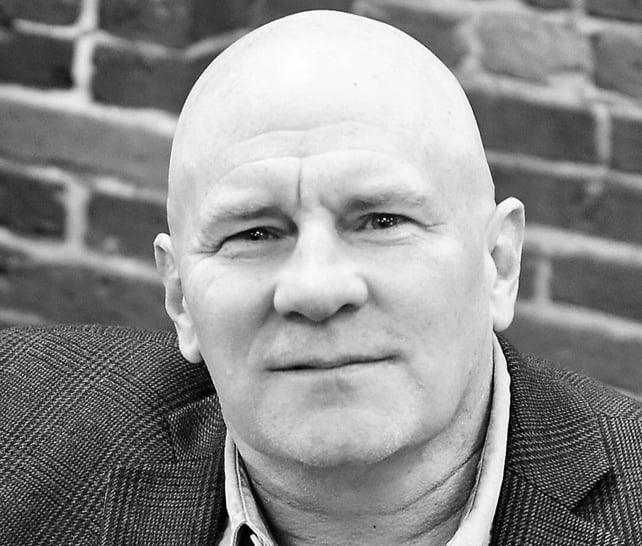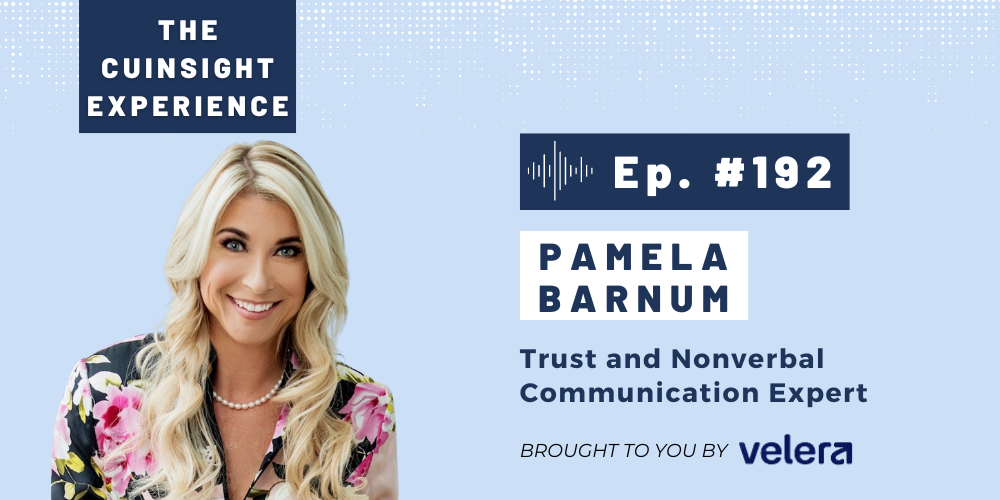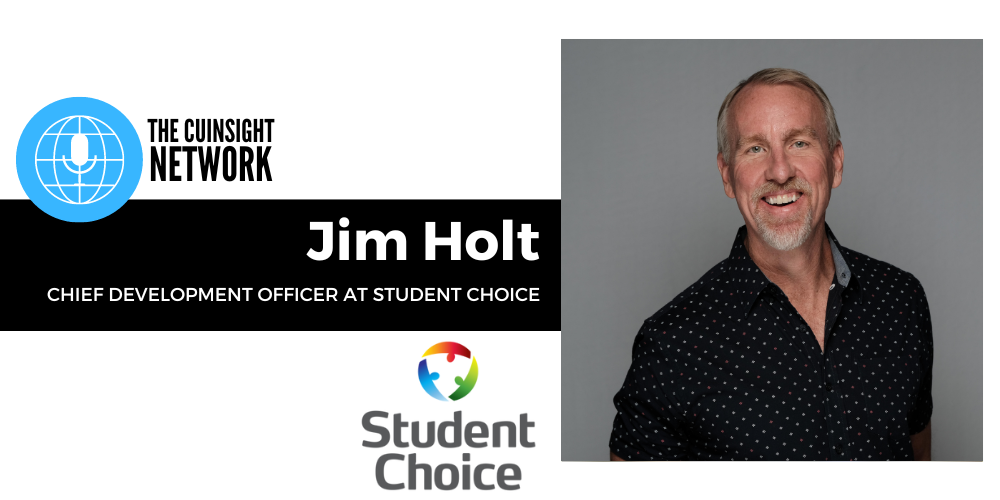There is a growing need to develop new leadership in the CU world. Experienced leaders are preparing for retirement. CUs are growing.
Now is the time to prepare the next generation to step in. However, one of the greatest concerns we hear at our workshops is that it’s getting more and more difficult to keep young talent engaged and on board.
There is plenty of advice on how to recruit new leaders. Let’s focus on how to keep them once you’ve got them!
Before we dig in, let’s do a little myth busting. There is still a strong bias that says Millennials are just not as loyal or focused as previous generations. Job longevity stats are showing that employees are now only staying with a job for one and a half years. This is not, however, because they don’t want to stay.
More often, it’s because they’re not challenged, they do not see room for growth and development and they’renot being mentored. And they want to be!
In our Aspiring Leaders track we poll participants on 2 items specifically related to mentoring.
First: “It's important to my development as a leader to find and work with a good mentor.”
In 3 years100% of responses are “strongly agree” or “agree.” Not ONE single negative response––ever!

However, the next statement is: “I am currently working with a mentor.”Only 35% answer “yes”!

That’s a problem––a big one. Through workshop discussions we’ve found three major problems:
• Very few experienced leaders are actively engaged as a mentor at any given time.
• Very few organizations have a formal mentoring program.
• Most experienced leaders tell us they need help developing mentoring skills.
These are simple problems to fix, but it does require some focus and the dedication of some resources, especially time. And that’s the major barrier. Again through discussions we’ve discovered the while most experienced leaders are quite wiling to mentor someone, they simply don’t feel they have the time.
The greatest challenge in mentoring is knowing the constraints. As a mentor, there are things you can do, things you can’t do and things you shouldn’t be doing!
When I first start a mentoring relationship, I always talk about expectations up front. I know what can do as a mentor and what I can’t. Here’s a short list to get you started:
•I can LISTEN!And that should be my number one priority! You are not lecturing, you are mentoring! The first step us understanding the needs, goals and desires of your mentee. You can only learn by listening. This is an ongoing and dynamic process that needs continual practice.
• I can tell stories.That is, I can share my experiences in the hope that my mentee will benefit from my successes and from my mistakes. I can share lessons I’ve learned from others or through my study and research.
• I can encourage.This includes recognizing accomplishment and offering praise for a job well done. When times are tough I can usually say, “I know, I’ve been there too!”
• I can correct––when I see a problem.Be careful here, though. Sometimes it’s best to let the mentee make a mistake and it takes some experience to know when this is appropriate.
• I can NOT do your work for you!More importantly––I WILL NOT do your work for you! I won’t bail my mentee out of trouble or make the job easier. That does nothing but rob them of precious experience and I’d go a step further, too much interference cripples a mentee and deprives them of the opportunity to learn and grow.
• I can point you to resources that have been helpful to me.This also includes introducing my mentee to other people, including other mentors, who can take them even further.
In a mentoring relationship I work for you. That is, I’m here to serve my mentee––not the other way around. I expect nothing from my mentee except that they do their best. It’s not about my gratification––it’s about doing my best to help another human being reach his or her full potential.
The “Sensei” is not measured by his or her own accomplishments, but rather on the accomplishments of the student. And the best Sensei is not one who develops a student to equal one’s own skill––but one who trains students to surpass one’s own talents, abilities and potential.
Be the Sensei as you mentor and you’ll do just fine!







